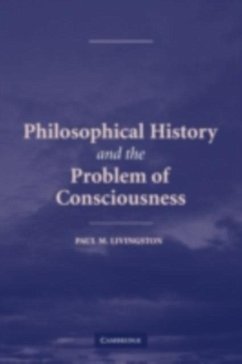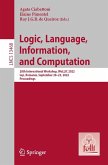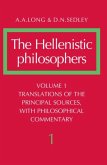The problem of explaining consciousness remains a problem about the meaning of language: the ordinary language of consciousness in which we define and express our sensations, thoughts, dreams and memories. This book argues that the problem arises from a quest that has taken shape over the twentieth century, and that the analysis of history provides new resources for understanding and resolving it. Paul Livingston traces the development of the characteristic practices of analytic philosophy to problems about the relationship of experience to linguistic meaning, focusing on the theories of such philosophers as Carnap, Schlick, Neurath, Husserl, Ryle, Putnam, Fodor and Wittgenstein. Clearly written and avoiding technicalities, this book will be eagerly sought out by professionals and graduate students in philosophy and cognitive science.
Dieser Download kann aus rechtlichen Gründen nur mit Rechnungsadresse in A, B, BG, CY, CZ, D, DK, EW, E, FIN, F, GR, HR, H, IRL, I, LT, L, LR, M, NL, PL, P, R, S, SLO, SK ausgeliefert werden.









